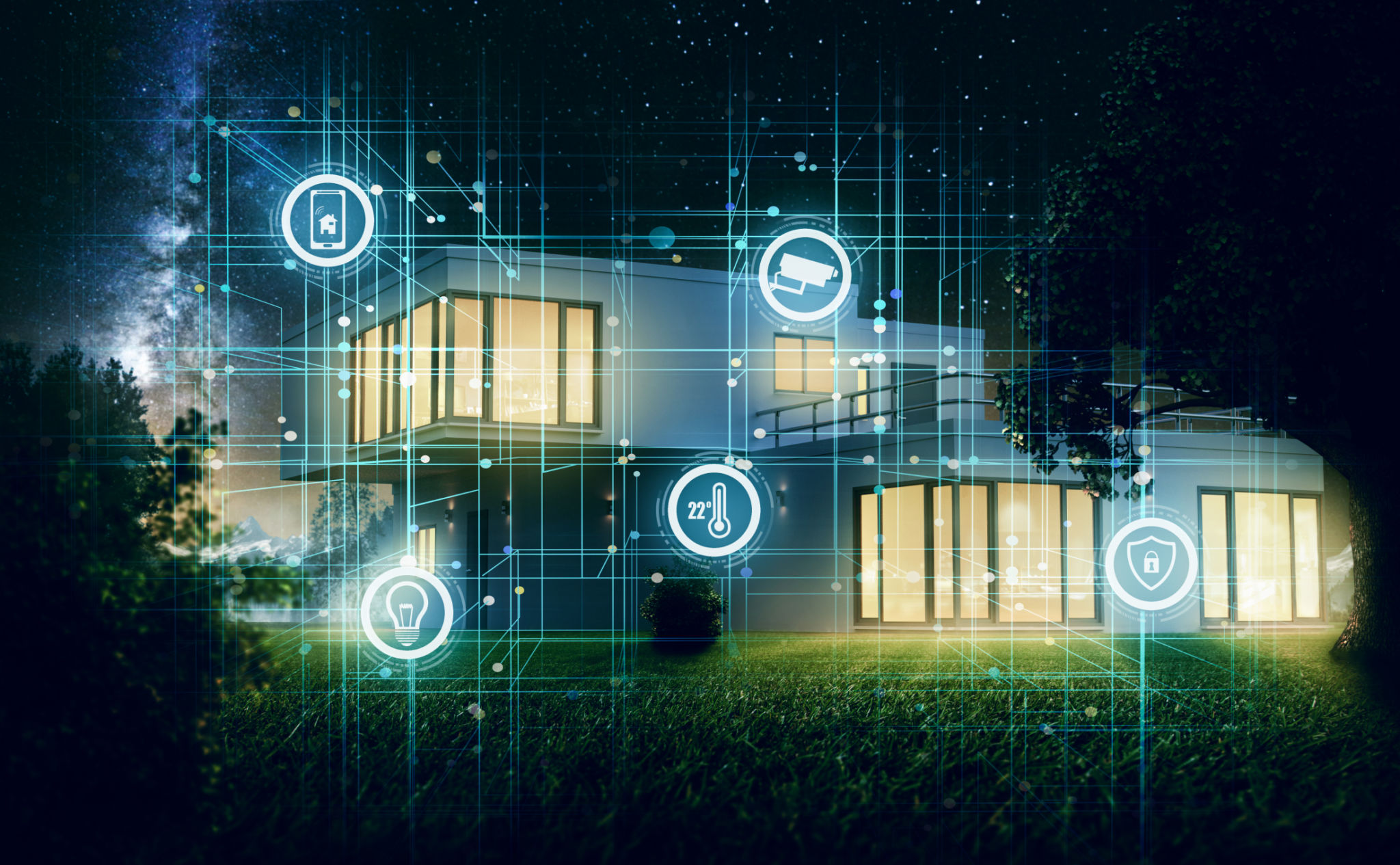Expert Insights: The Future of Smart Home Technology in Michigan
Introduction to Smart Home Technology
As technology advances at a rapid pace, smart home technology has become a significant part of modern living. In Michigan, homeowners are increasingly adopting these technologies to enhance convenience, security, and energy efficiency in their daily lives. From smart thermostats to voice-activated assistants, the future of smart home technology promises even more innovation and integration.
The growing adoption of smart home devices is transforming how Michiganders interact with their living spaces. This trend reflects a broader movement towards more connected and automated homes, making life easier and more efficient for residents across the state.

Emerging Trends in Smart Home Technology
Enhanced Connectivity and Integration
One of the key trends in the future of smart home technology is enhanced connectivity. As the Internet of Things (IoT) continues to expand, more devices in the home will be able to communicate with each other seamlessly. This connectivity allows for more integrated systems, where appliances, lighting, security systems, and climate control work together to create a harmonious living environment.
Artificial Intelligence and Automation
The integration of artificial intelligence (AI) in smart home technology is another exciting development. AI-driven devices can learn from user behavior, making predictive adjustments to optimize comfort and efficiency. For instance, smart thermostats can adjust settings based on the homeowner's schedule, while lighting systems can adapt to natural light levels throughout the day.

Sustainability and Energy Efficiency
Environmental consciousness is driving the development of energy-efficient smart home technologies. In Michigan, where residents are increasingly concerned about their carbon footprint, smart devices offer a practical solution. Smart meters and energy management systems help users monitor and reduce energy consumption, leading to lower utility bills and a reduced environmental impact.
Additionally, smart irrigation systems are gaining popularity among Michigan homeowners with gardens or lawns. These systems use weather data and soil moisture levels to optimize watering schedules, conserving water while maintaining healthy landscapes.
Security and Privacy Concerns
Despite the numerous benefits of smart home technology, security and privacy remain top concerns for Michigan residents. As homes become more connected, they also become more vulnerable to cyber threats. Ensuring robust security measures for smart devices is essential to protect personal data and maintain privacy.

Manufacturers are actively working on improving device security by implementing advanced encryption and authentication protocols. Consumers are also advised to regularly update their devices and use strong passwords to safeguard their smart home networks.
The Role of 5G in Smart Homes
The rollout of 5G technology is set to revolutionize smart home capabilities in Michigan. With faster data speeds and reduced latency, 5G will enable more reliable and responsive connections between devices. This advancement will support the growing number of smart home applications, from streaming high-definition video to real-time monitoring of home security systems.
Moreover, 5G will empower developers to create more sophisticated applications that require high bandwidth, paving the way for an even smarter and more connected home environment.
Conclusion: Looking Ahead
The future of smart home technology in Michigan is bright, with endless possibilities for innovation and improvement. As new trends emerge, residents can look forward to homes that are not only more convenient but also safer and more sustainable. By staying informed about the latest advancements, Michigan homeowners can make informed decisions about integrating smart technology into their daily lives.

